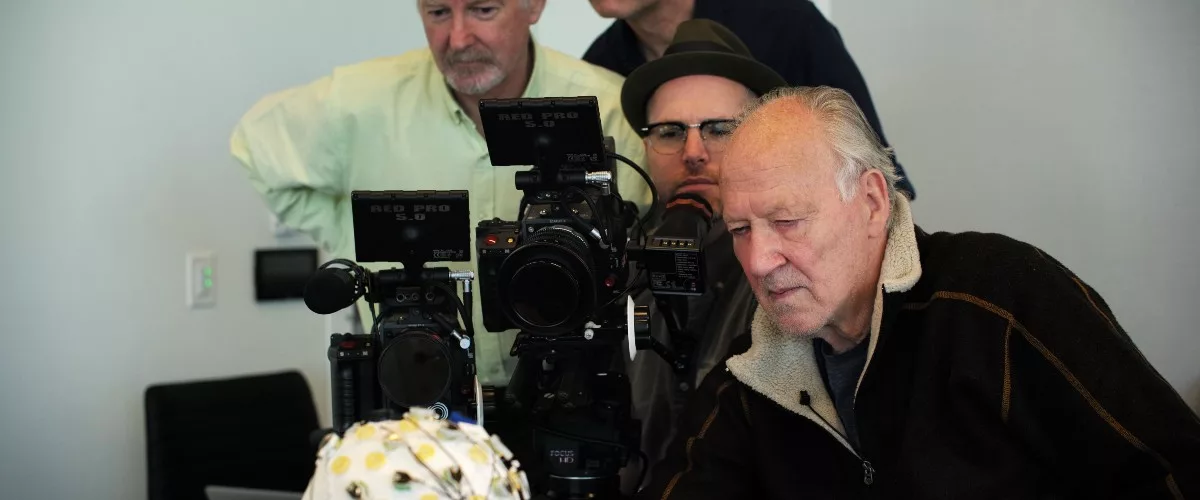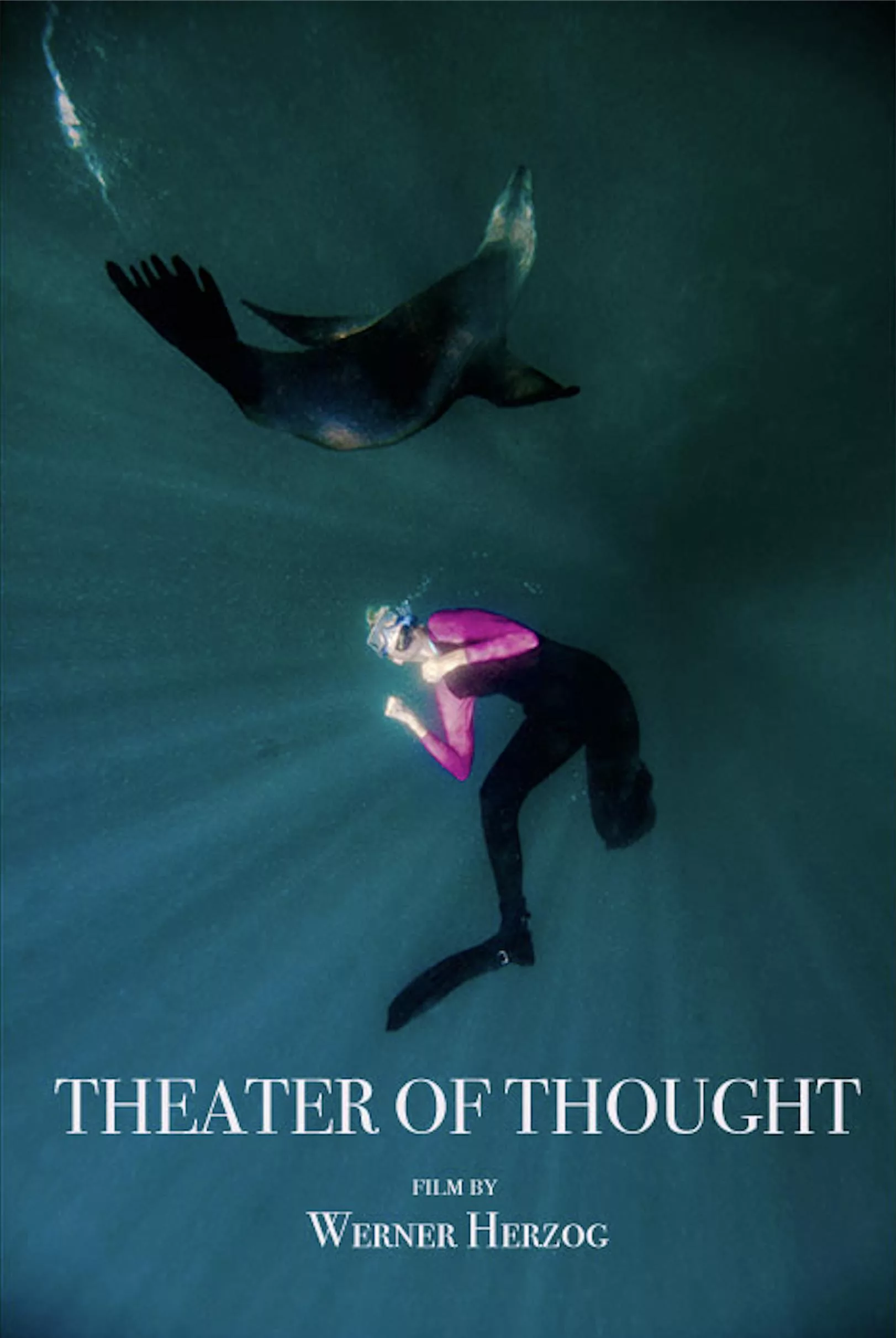Ever the explorer of the human condition, Werner Herzog has spent his life wandering into the furthest frontiers of our understanding—the heart of a volcano, the deepest caves in the world, the psychology of a man dedicated to spending his time with grizzly bears. With “Theater of Thought,” the mercurial martinet turns his eye to the human mind: How does it work? What does a thought consist of? Can it be replicated or read like a book? How do we know we’re not in a simulation, maaaan? To his credit, Herzog takes on these questions with his typical curiosity; however, the doc that ensues is one of his more scattershot probes into the abyss.
Inspired by neuroscientist Rafael Yuste, who approached him to make the film, Herzog spends the brisk but discursive 90 minutes of “Theater of Thought” wandering the country talking to various minds—mathematicians, bioethicists, even the guy who walked across the World Trade Center in “Man on Wire”—about the nature of the mind. Curious about the physical and metaphysical components that comprise the human brain, Herzog digs around in the folds of our respective grey matter with these minds, interviewing them one by one in typical Herzogian fashion. He crows at them with his signature German lilt, offscreen, the camera trained on them as if in an interrogation; he’s playful in his prototypical way (“How stupid is Siri?” he asks an Apple engineer), the poetry of his cadence baffling the hard-science cases he’s often talking to. (At one point, a mathematician excitedly explains equations while drawing on a whiteboard, only for the sound to cut out and Herzog to confess that “I admit, I understand literally none of this, and I imagine neither do you.”)
But while fits and spurts of “Theater” seem illuminating, that same confusion about these big scientific and metaphysical questions also keep the doc from feeling all that fulfilling. Cinematically, one is left wanting; the one-interview-at-a-time structure can get old fast, and the Times New Roman font and occasional boom mic slips make one feel like the eightysomething Herzog is losing his attention to detail. That said, sometimes these elements give his work a homespun charm, making “Theater of Thought” feel like a home movie your curious grandpa might make then show off at Thanksgiving dinner.
The interludes themselves are disarming, for the most part: Herzog will visit a professor at Rockefeller University to scan the brain activity of hydra vulgaris, or pop by to see Bryan Johnson (that fortysomething tech billionaire trying his damndest to stay young forever; he looks especially ghostly here) for a quick peek at a neuroscanner. Herzog will narrate about simulation theory over the “Baby Shark” video and “StarCraft II” cutscenes, and prod neuroscientists about whether future humans will just be able to read his mind to view his next movie. (One wonders if he’s just desperate to cut down on production costs.) It’s all very scattershot and murky, which can enchant and aggravate in equal measure.
But this intersection between the mind and the heart, between Herzog’s creative humanism and the cold science of his subjects, is what drives “Theater”‘s central concerns. At one point, he interviews a scientist in a projection booth of a San Francisco theater, the man gleefully talking about the ways our brains turn stimuli into perception while standing next to an old-fashioned movie projector. One imagines Herzog is desperate to translate that man’s thoughts to the projector itself, to illustrate the link between the mind’s eye and the movie screen. (Apart from this moment, there’s not a lot to tickle the brain visually: you can easily zone out and just listen to Herzog talking to these folks and not miss much.)
If you’re a Herzog diehard, “Theater of Thought” offers plenty of new material to chew on, just as ol’ Werner does his consonants. But for most, the questions regarding the nature of reality and the ways our brain interprets it may not be the most insightful, save for how it affects Herzog’s understanding of his artistry. It’s hardly brain-dead, but you can turn your brain off just a bit while you watch it.




















